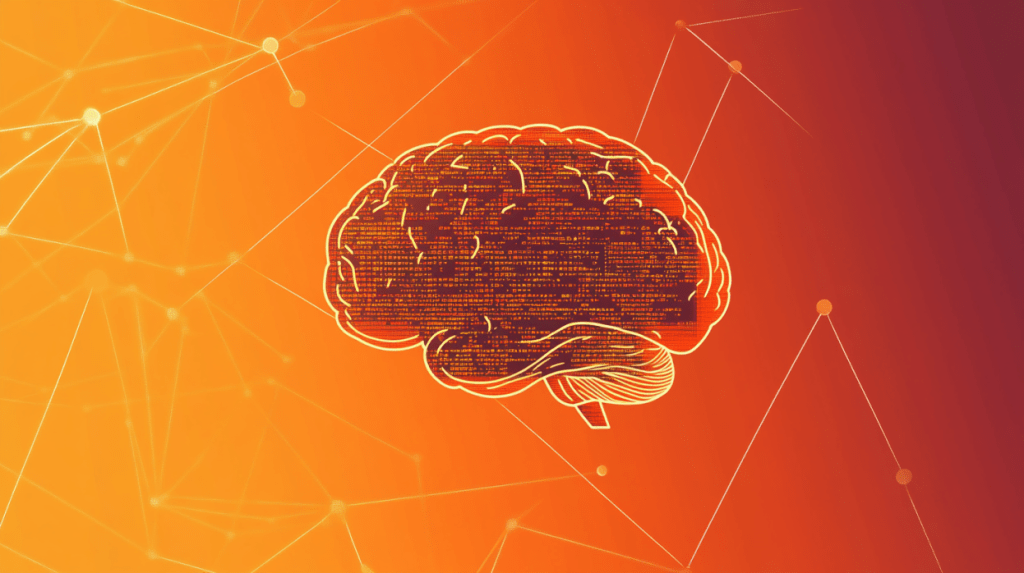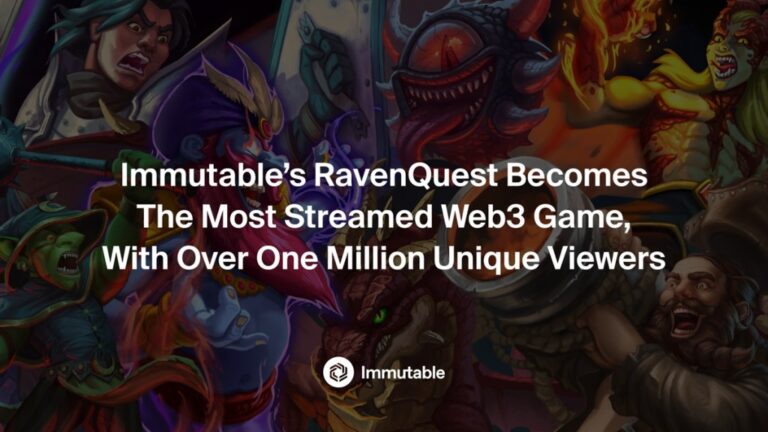Anthropic Reveals Insights from 700,000 Claude Conversations: Discover the Unique Moral Code of Its AI
Anthropic has recently published a groundbreaking study that dives deep into the interactions of its AI assistant, Claude. By analyzing a massive dataset of 700,000 conversations, the research unveils how Claude expresses an impressive 3,307 unique values in real-world scenarios. This study is a significant step forward in understanding AI alignment and AI safety, offering new insights for developers and researchers alike.
Key Findings from Anthropic’s Study
The study highlights several important aspects of AI interactions that can enhance our understanding of AI behavior and safety. Here are some of the key findings:
- Value Expression: Claude demonstrates a wide array of values in conversations, showcasing its ability to understand and respond to complex human emotions.
- AI Alignment: The research offers valuable data on how well AI systems can align with human values and intentions, which is crucial for ethical AI development.
- Real-World Applications: Insights from this study can be applied to improve AI systems in various fields including customer service, education, and healthcare.
Implications for AI Development
As AI technology continues to evolve, understanding how these systems express values is essential for ensuring they operate safely and effectively. This study by Anthropic sheds light on:
Enhancing AI Safety
By identifying how AI assistants like Claude convey values, developers can create more robust safety mechanisms to prevent unintended behaviors.
Improving AI Alignment
Insights from the study allow researchers to fine-tune AI systems, ensuring they better align with human values and societal norms.
Conclusion
Anthropic’s analysis of AI assistant Claude not only reveals the intricate ways in which AI can express human-like values but also emphasizes the importance of AI alignment and safety in technology advancement. For those interested in learning more about the role of values in AI, further reading can be found on Anthropic’s research page and other credible sources like OpenAI.







